Daeyoun Kang
Automated detection of vulnerable plaque in intravascular ultrasound images
Apr 18, 2018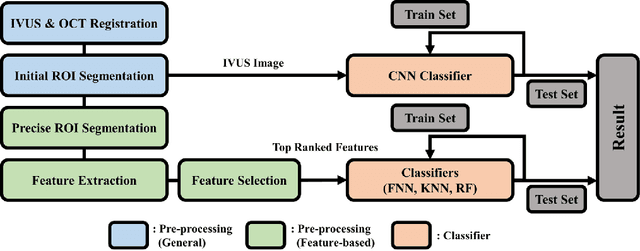
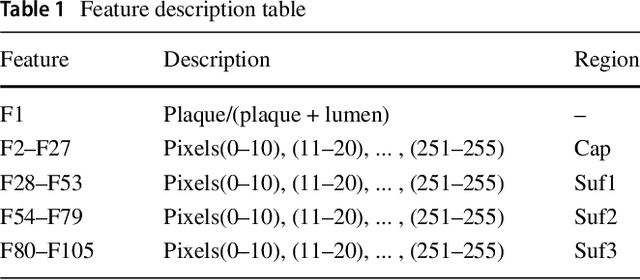
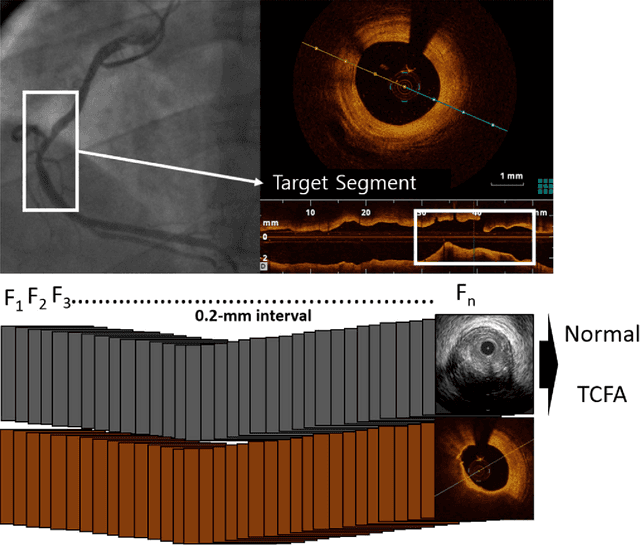
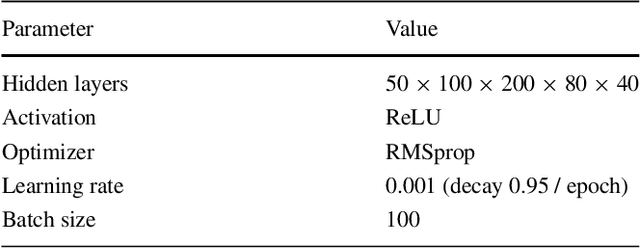
Abstract:Acute Coronary Syndrome (ACS) is a syndrome caused by a decrease in blood flow in the coronary arteries. The ACS is usually related to coronary thrombosis and is primarily caused by plaque rupture followed by plaque erosion and calcified nodule. Thin-cap fibroatheroma (TCFA) is known to be the most similar lesion morphologically to a plaque rupture. In this paper, we propose methods to classify TCFA using various machine learning classifiers including Feed-forward Neural Network (FNN), K-Nearest Neighbor (KNN), Random Forest (RF) and Convolutional Neural Network (CNN) to figure out a classifier that shows optimal TCFA classification accuracy. In addition, we suggest pixel range based feature extraction method to extract the ratio of pixels in the different region of interests to reflect the physician's TCFA discrimination criteria. A total of 12,325 IVUS images were labeled with corresponding OCT images to train and evaluate the classifiers. We achieved 0.884, 0.890, 0.878 and 0.933 Area Under the ROC Curve (AUC) in the order of using FNN, KNN, RF and CNN classifier. As a result, the CNN classifier performed best and the top 10 features of the feature-based classifiers (FNN, KNN, RF) were found to be similar to the physician's TCFA diagnostic criteria.
ECG arrhythmia classification using a 2-D convolutional neural network
Apr 18, 2018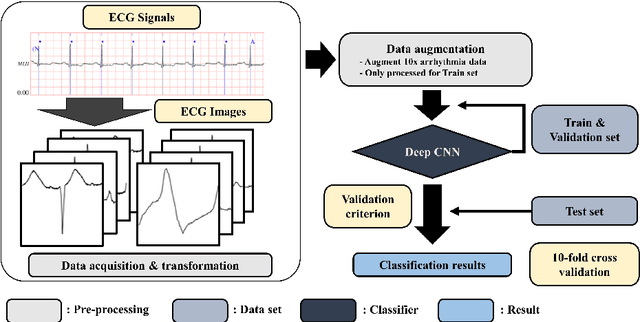



Abstract:In this paper, we propose an effective electrocardiogram (ECG) arrhythmia classification method using a deep two-dimensional convolutional neural network (CNN) which recently shows outstanding performance in the field of pattern recognition. Every ECG beat was transformed into a two-dimensional grayscale image as an input data for the CNN classifier. Optimization of the proposed CNN classifier includes various deep learning techniques such as batch normalization, data augmentation, Xavier initialization, and dropout. In addition, we compared our proposed classifier with two well-known CNN models; AlexNet and VGGNet. ECG recordings from the MIT-BIH arrhythmia database were used for the evaluation of the classifier. As a result, our classifier achieved 99.05% average accuracy with 97.85% average sensitivity. To precisely validate our CNN classifier, 10-fold cross-validation was performed at the evaluation which involves every ECG recording as a test data. Our experimental results have successfully validated that the proposed CNN classifier with the transformed ECG images can achieve excellent classification accuracy without any manual pre-processing of the ECG signals such as noise filtering, feature extraction, and feature reduction.
 Add to Chrome
Add to Chrome Add to Firefox
Add to Firefox Add to Edge
Add to Edge